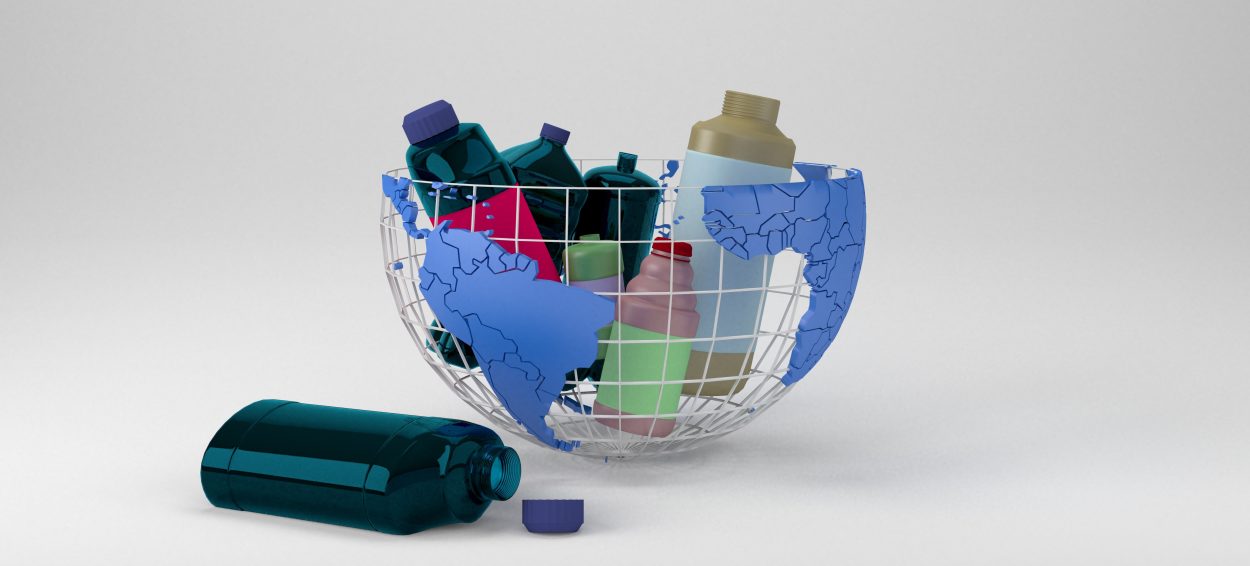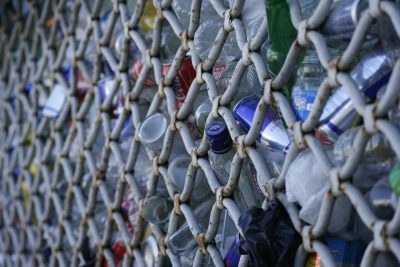Related Technologies


Since the signing of the Paris Agreement in 2016, the world has collectively declared that combating climate change is a top priority for the coming decades. The long-term goals of this agreement are to limit the increase of the global average temperature to 1.5 degrees C. One of the strategic steps used to implement these goals includes the 20/20/20 plan. It involves decreasing CO2 emissions by 20%, increasing the market share of renewable energy by 20% and increasing energy efficiency by 20%. This triad will allow for a simultaneous decrease in emissions while developing and promoting renewable energy and efficiency. In order to determine the most effective line of action that would lead to the accomplishments of our collective long-term goals in accordance with the Paris Agreement, cement industry leaders have determined that the annual emissions from cement production must fall by 16% in the next decade. In the same year, the Paris Agreement was signed, the production of cement yielded 2.2 billion tonnes of CO2. One of the key chemical reactions required to produce Portland cement requires 1450 degrees C of energy. That accounts for more than half of the emissions generated by cement production. The emissions of this sector would be most effectively reduced by tackling this step of production. Magnesium oxide-based cement products would be a great alternative to Portland cement when considering the climate crisis we now face. The calcination reaction of magnesite requires less than half the energy input at 600 degrees C. This would significantly reduce the carbon footprint of cement production.

Unfortunately, the global plastic waste crisis has become just as imminent as that of climate change. Plastic products are heavily embedded in the fabric of our modern society. It’s an undeniable consumer addiction for which the latent negative effects have now emerged. Globally, we produce over 300 million tons of plastic annually. This bloated consumption of plastics has come at a great cost. Even with the low recycling rate of 10% amongst Canadians, municipalities are unable to clear hard-to-recycle plastics. China cutting its import of 24 types of recyclable material by 96%, has devastated municipal recycling facilities in Canada. Officials, landfill operators, and private waste haulers across Canada have been struggling to mitigate this crisis.
This crisis has motivated the Canadian Government to issue several challenges across Canada in hopes of finding solutions for the plastic waste problem. As stated in a previous blog, MGO was a recipient of the phase 1 grant for the Plastics Challenge issued by the Government. MGO Systems has now been awarded the phase 2 Plastics Challenge grant. This will allow us to continue to optimize our products and advance the technology to a manufacturing scale. The research and development team has since advanced its technology and has been able to expand on its original scope of integrating clean-sourced post-industrial construction polyvinyl chloride (PVC) plastic waste to include post-consumer hard-to-recycle plastic waste into our magnesium-based cement product. This broadened inclusion of various forms of plastic waste will have a greater impact on aiding municipalities in repurposing the plastic waste collected in their cities. The development of Canadian made magnesium-based cement products will be an impactful way of answering our call to action and providing an immediate alternative to Portland cement. MgO-based cement has a vastly smaller carbon footprint, doesn’t produce any off-gassing, has fire-resistant properties as well as antimicrobial characteristics. In addition, our products have been designed to be recyclable, ensuring a circular production design. With the integration of plastic waste in these products, the repurposed plastic waste is locked away in these buildings and has a channel of recyclability that avoids being landfilled in its lifetime.

References:
1. https://unfccc.int/process-and-meetings/the-paris-agreement/the-paris-agreement
2. https://www.bbc.com/news/science-environment-46455844
3. https://plasticoceans.org/the-facts/
4. https://www.theglobeandmail.com/canada/article-wish-cycling-canadas-recycling-industry-in-crisis-mode/


|
No Results
|
|
No Results
|
Are you sure you want to do this?